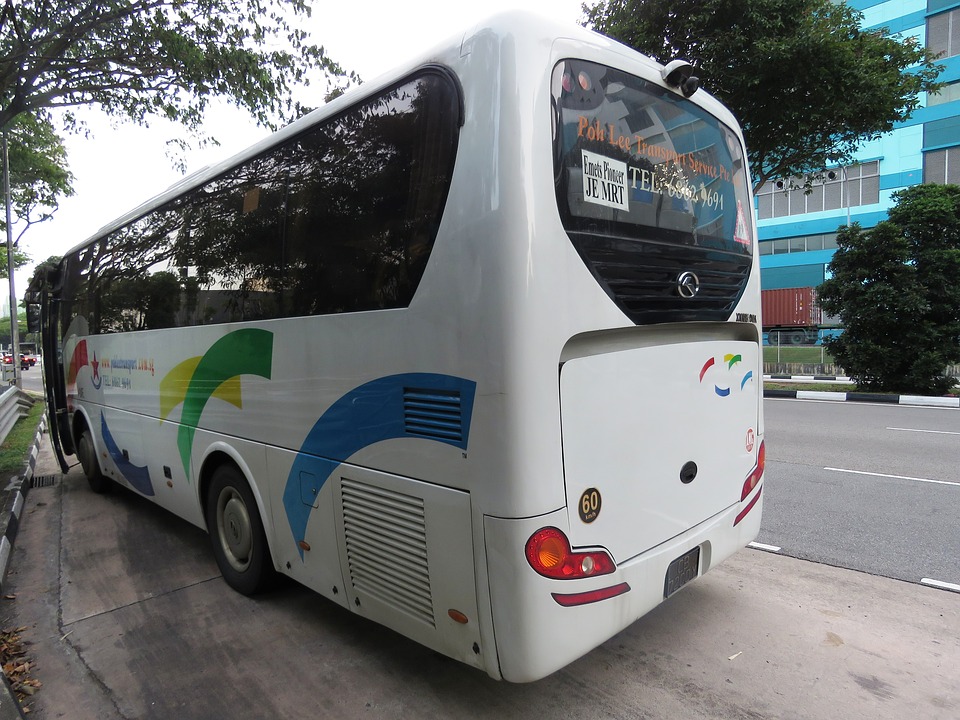Senior Citizens' rights and benefits

Today it is youthful India. But by 2050, there will a significant number of aged persons in the country. As per United Nations Economic, Social and Cultural Organisation (UNESCO) estimates, there will be 59 crore of aged persons in the world by 2005. This number will double by 2025. By 2050 the number of aged persons in the world will cross 200 crore, UNESCO says. In India, by 2001, there were 7.2 crore old-aged people. It will cross 18 per cent of the population by 2025, it is estimated.
Parents take care of the children. Who will take care of the parents, when they become old? If the children are negligent, what happens to the parents? How can children neglect the parents, in old age, when they have given them life and made them productive beings? At such crucial moments, senior citizens should protect themselves. There is a specific law that takes care of senior citizens rights and their welfare. They have specific rights and benefits.
 Problems faced in old age
Problems faced in old ageGovernment employees who retire at the age of 60 years, get monthly pension and free medical benefits. But what about the rest? For such ones, who have no protection, it becomes difficult to overcome financial needs. Instead of rest and leisure, they are forced to take up some job and business. Even this income might not suffice to fulfil their needs. At this point, along with physical, mental weakness, they will be fall prey to ill health and diseases.
Constitutional, legal protection
They have a right to work or educate themselves. Constitutionally, the aged persons have the right to seek public support, when they face ill health due to age and are not gainfully employed. It is the moral responsibility of children to take care of their aged parents. These responsibilities are made effective in each religion in a different way.
 Hindu Laws
Hindu LawsNotably, aged parents are taken care of by the sons, in Hindu homes. When parents become aged and are unable to take care of their personal needs, it becomes inevitable for the children to take care of their welfare. As per Hindu Act 1956, children need to take care of their parents. Not just sons, but daughters too have equal responsibility to take care of their parents. If the children are unable to do so, parents have the right to demand this.
Muslim Laws
Muslim Law Mullah says that children have the responsibility of taking care of their aged parents. Even if he himself is facing problems, the son has to take care of his aged and poor parents.
Christians, Parsis
There are no personal law dealing with parents' welfare among Christians or Parsis. They can apply for security under Criminal Procedure Code.
Criminal Procedure Code
There was no rule under Criminal Procedure Code (CrPC), relating to parents' welfare, before 1973. Then Section 125 was introduced. CrPC is a secular law. It applies to all. All religions and sects come under its purview. Daughters (even married ones) should take care of their parents needs.
 Parents Maintenance, Welfare Act 2007
Parents Maintenance, Welfare Act 2007A maintenance tribunal has been set up for speedy trial of cases under Parents, Oldage Welfare Maintenance Act. Section 19 under this Act has specified that old age homes should be set up in every district. The aged can petition under this Section or under Section 125 of CrPC, requesting protection. They should withdraw petition if any, under CrPC, before making claims under Parents Maintenance Act. They can seek maintenance, under Clause 5(1) and Clause 4 of the Act. Those at 60 years and above will be considered as senior citizens. Maintenance includes, food, clothing, shelter and medical help.
Who can make claims?
Parents include, own parents, those who adopted the children and step parents. Senior citizens should be 60 years and above. But the term 'parents' does not specify any such age factor. Even parents of parents, like grandparents, and those above 60 years of age are included as parents. Those who cannot personally take care of their day to day needs only can seek maintenance.
 Who should give maintenance?
Who should give maintenance?Elder children and grandchildren have the responsibility of providing welfare. Those who have no children or grandchildren, can seek maintenance from relatives. However, the relatives who are sought for giving maintenance, should own some property. Or they should be legal heirs for the properties of the person who is seeking maintenance, after his death. Only such persons are made responsible. If there are more than one relatives of this type, all of them equally bear the responsibility. The Act says that monthly at least Rs. 10,000 should be paid towards maintenance. The amount depends on the needs of the person seeking such welfare. The aim of maintenance is to carry on normal lifestyle.
Who should be sought?
An application has to be filed before the maintenance tribunal which is in their own district. If any person is not in a position to file a petition on his own, someone, even a voluntary organisation, can do it for him. The maintenance tribunal can order maintenance to be paid, by taking up any case on suo moto basis. No lawyer should be appointed to argue before the tribunal. Parents and senior citizens can avail the services of maintenance officer appointed by the State Government.
 Order should be implemented
Order should be implementedA free copy of the maintenance tribunal order should be given to the petitioner. The maintenance amount should be deposited within one month of the tribunal passing the order. On failure to deposit, a warrant will be issued demanding payment. Punishment is a maximum of one month in jail or until the deposit is made. If the maintenance amount is neglected, the petitioner should again approach the tribunal within three months. If the wards neglect the responsibility of welfare of their parents, they will have to pay Rs. 5,000 fine or go to jail for three months, or both.
State govt. responsibility
All government hospitals and those that are aided by the government, should maintain separate queues for senior citizens. Beds should be allotted specifically for them. Every district hospital should have special facilities for senior citizens. At least one old age home should be established in every district. It should have the capacity to house at least 150 persons at a time. Even the Centre is allocating some funds to the states for the setting up of old age homes.
Income Tax
Ordinary citizens enjoy exemption from Income Tax (IT), up to Rs. 2.5 lakh annual income. In the case of senior citizens this amount is up to Rs. 3 lakh. Senior citizens above 80 years of age need not pay tax for an amount of Rs. 5 lakh annual income. The aged will have more medical needs. In this context, they need not pay tax for insurance premium of Rs. 30,000 and less. Under Section 80 DDB of IT Act, those suffering from severe ill health are exempted from tax for an amount of Rs. 60,000 towards medical bills. The amount is Rs. 80,000 in the case of super seniors.
 Travel subsidies
Travel subsidiesAir India offers 50 per cent discount in the fares of its domestic flights, for senior citizens. Railways offer 50 per cent subsidised rates for men above 60 years of age and women over 58 years of age. This facility is available in all categories in Indian Railways. Subsidised fares are available in Road Transport Corporation (RTC) buses of certain states. Seats are reserved for senior citizens in buses.
Other facilities
They enjoy half a per cent more interest on bank deposits. If interests on deposits cross Rs. 10,000 annually, banks cut 10 per cent from the principle deposit, towards tax. If senior citizens apply for exemption, stating that their deposits are not under taxation bracket, they are exempted from this tax cut. They will have to give Form 15 for this. For the others, this is Form 15 G. Post offices are offering extra interest on savings schemes by senior citizens. National Insurance is offering Medi claim policies for seniors between 60 years and 80 years. It is offering a maximum coverage of Rs. 1 lakh for hospitalisation and Rs. 2 lakh cover for critical illness. Life Insurance Corporation (LIC) is offering monthly pension at eight per cent interest under Varishta Pension Bheema Yojana. This interest rate is permanent for at least 10 years in a row. Even if the interest rates comes down in between, LIC will still offer eight per cent interest. A person can invest up to a maximum of Rs. 7.5 lakh under the scheme. Senior citizens have the opportunity to submit a petition in the court, seeking speedy reprisal of their case.













